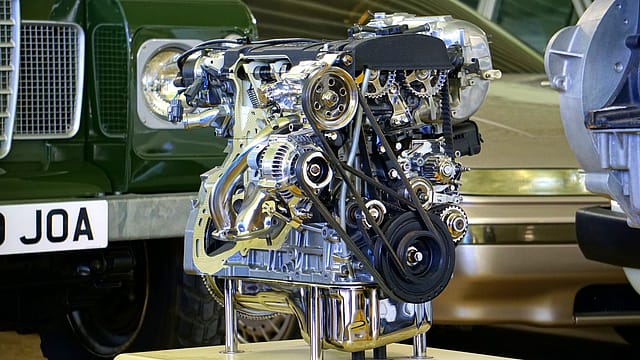Deloitte India suggests road map for EV adoption
ADVERTISEMENT

As India focuses on clean energy, the popularity of electric vehicles (EVs) in the country is increasing, driving their sales.
With the market for EVs expanding in India, Deloitte India, in its latest report on the future of mobility released on Thursday, suggests potential models for EV adoption in the country. According to the consultancy firm, appropriate business models would help create synergy among stakeholders, and leverage their competence and expertise towards a common outcome.
Union minister Piyush Goyal in his Budget speech early this month also stressed on EV adoption as his vision for the next decade.
The report says that the interplay of these stakeholders is essential for streamlining EVs in the transport system and creating a favourable EV ecosystem in the country. “There can be a number of business models depending on the possible combination—and may be driven by an individual player or by collaborating with each other. However, the government would need to put emphasis on business models that will play an important role in achieving financial, economic, and operational sustainability,” it says.
For example, potential models for the adoption of EVs in public focusses on the electric bus and how public transport can address the issue of congestion on roads by promoting shared mobility. “The transition to electric buses is expected to not only help reduce carbon footprint but also save fuel. The enhancement of electric public transport seems to be the need of the hour in every city,” the report says.
Deloitte identifies government authorities, bus manufacturers, battery makers, electric utility providers, private operators, and financial institutions to be the major actors in the electric bus ecosystem.
The high capital cost of electric buses require changes to conventional business models, rather than focussing on subsidies whose aim is to reduce the capital cost to make it comparable to conventional buses, the report says. “A business model should aim at achieving operational and financial sustainability by bringing in technological innovation, effective grid management, and improving efficiency,” Vishwa Udgirkar, partner, Deloitte India, said.
He said that the business model can either be government-driven because of the high requirement of capital investment or a collaboration between the government and energy suppliers. The government can also look at partnering with private operators.
The report also suggests potential business models for electrifying first- and last-mile connectivity. One of its suggestions is a manufacturer-driven business model—where the manufacturer brings his technical expertise and designs the vehicle with updated technology, and the government identifies the routes or operational areas and assists it. The government can drive the procurement by creating a dedicated association/society, the report suggests.
“Mainstreaming EVs is thus expected to require interplay of policy, regulatory and institutional framework, demand and supply, charging infrastructure, incentives, research and development, and technological improvements,” it says.
Going forward, Deloitte India feels that in the initial phases of EV penetration, the aim should be to reduce dependence on fuel-based private vehicles by developing e-public transport systems supplemented by electric last-mile connectivity.
Udgirkar feels that the government will play an indispensable role in creating a conducive environment for larger participation of private operators at all stages of EV adoption, such as manufacture, operation, charging systems, etc. for a complete shift to electric vehicles progressively.
He said, “Urban transport in India is facing a challenge, and comprehensive logistics framework for favorable EV ecosystem in the country is the only way to address this. EV integration will not only transform the mobility pattern but will also create opportunities to redistribute responsibilities within the ecosystem.”